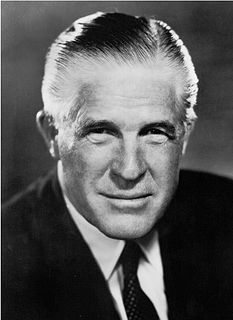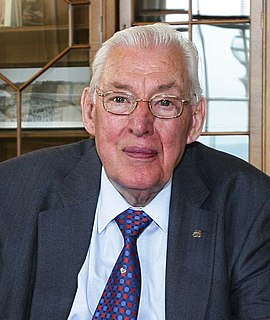A Quote by V. S. Naipaul
We cannot understand all the traits we have inherited. Sometimes we can be strangers to ourselves.
Related Quotes
However superficial prevailing views of heredity seem to be, it must be admitted that a person is indeed the bearer of inherited characteristics. This is the one aspect. He must often battle against these inherited traits and rid himself of them in order to bring to fulfillment the talents laid into him before he entered earthly existence.
A testimony is a most precious possession because it is not acquired by logic or reason alone, it cannot be purchased with earthly possessions, and it cannot be given as a present or inherited from our ancestors. We cannot depend on the testimonies of other people. We need to know for ourselves. President Gordon B. Hinckley said, ‘Every Latter-day Saint has the responsibility to know for himself or herself with a certainty beyond doubt that Jesus is the resurrected, living Son of the living God.
There is a certain class of unbelievers who sometimes ask me such questions as, if I think that I can live on vegetable food alone; and to strike at the root of the matter at once,--for the root is faith,--I am accustomed to answer such, that I can live on board nails. If they cannot understand that, they cannot understand much that I have to say.
My father's death has given me a lot. It has given me a lifelong love of women, of their grittiness and hardness - traits that we are not supposed to value as feminine. It has also given me a love of men, of their vulnerability and tenderness - traits that we do not foster as masculine or allow ourselves to associate with masculinity.
Our senses are woefully limited. Our brains are but tiny candles flickering in an infinity of darkness. Our only wisdom is to admit that we cannot understand, and since we cannot understand we must do the best we can with faith. which is our only talent. The greatest act of faith we are capable of is that of loving another more than we love ourselves, and occasionally we can be quite good at it.






































